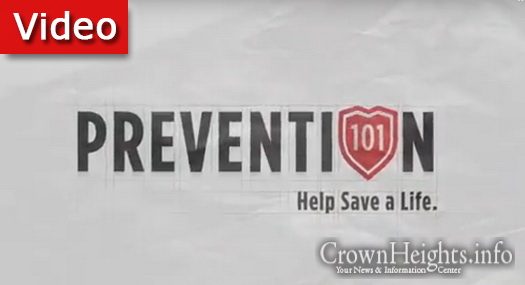
Prevention101: What Should a Parent Do When Their Teenager Goes to a Party Where Alcohol and Drugs May be Present?
For most teenagers, parties are a rite of passage and attendance or lack of attendance at a party can significantly impact their social standing. In today’s society, young people feel the pressure and opinion of their peers constantly, thanks to social media and the “standards” set by celebrities and social media influencers.
It is very important that parents communicate with their children concerning parties where alcohol and drugs may be present. Forbidding a teenager from going to one of these parties is ineffectual in the long term, and it shuts down open communication between the parent and the child. Instead, before the party, the parent should say, “I know there may be drugs and alcohol present at this party, and there’s going to be potentially risky behaviors. I love you and I care about you, and I hope you are strong enough to resist them.”
Then, the parent and the teenager need to discuss how the teenager can extract himself or herself from one of these situations without appearing weak in front of friends. Parents should say, “If you see yourself getting into a situation where you can’t resist, but you want to, we are going to have a code that you will text to me.”
This code could simply be the number nine, a special word, or any message the parent and child develop together. It should be something short that is only used in this situation. In case a friend sees them sending the message, it should not be something that would make the friend guess it was an “escape” message. When parents receive a text message with this code, they will know they need to get their child out of that situation immediately.
How is that done? A parent will call the teenager and say, “Hey listen, I need you to come home right away. Something came up, and I need your help immediately.” The reason can be anything from, “I just crashed the car, and I need you to come home,” to, “I have to leave unexpectedly, and I need you to babysit for your younger siblings.”
Whatever is said, this phone call now gives teenagers an excuse to leave that risky situation without having to display any perceived weakness in front of their friends because they are leaving when the fun is beginning. After the call is made, the parents should quickly pick their children up themselves or send a car service or a trusted adult friend to get them so they can be safe from that situation.
By keeping the lines of communication open with teenagers and respecting their need to socialize with peers, parents can be there when potentially harmful situations arise, without damaging their child’s relationship with his or her peers.
(Article is based on an interview with Dena Gorkin for Operation Survival’s Prevention101 series)

















